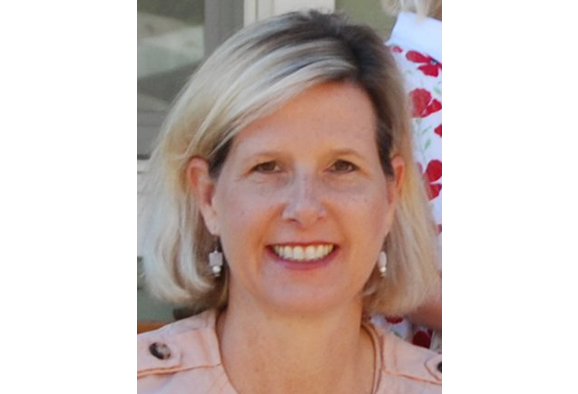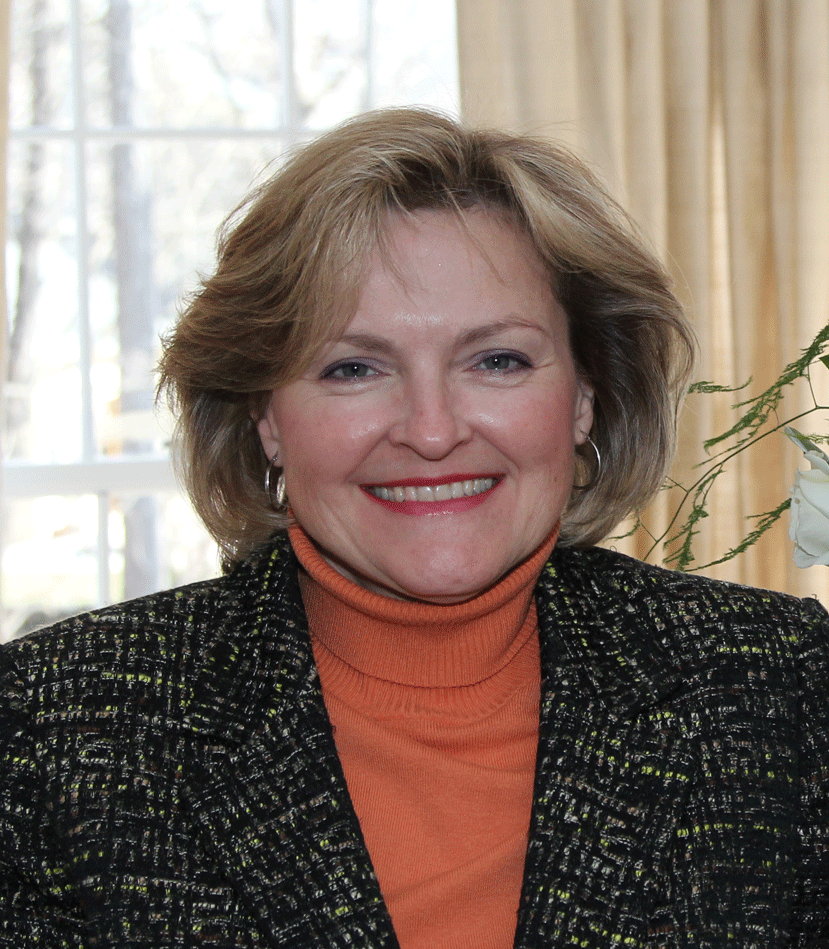 4.20.17
4.20.17
Administrations May Change, But the Scientific Mission Should Not
The scientific community will gather this Earth Day, April 22, to take a public stand “to defend the vital role science plays in health, safety, economies, and governments,” at a March for Science event taking place in more than 500 cities across the world.
 4.18.17
4.18.17
SWHR Appoints Sarah Wells Kocsis New Vice President of Public Policy
SWHR hired Sarah Wells Kocsis, MBA, as its new Vice President of Public Policy.
 4.12.17
4.12.17
The Society for Women’s Health Names Anne B. Cropp, PharmD, New Member of its Board of Directors
SWHR appointed Anne B. Cropp, PharmD, Founder and Chief Scientific Officer for Early Access Care, LLC as a new member to its Board of Directors.
 4.12.17
4.12.17
SWHR Convenes Leaders in Health Policy for Second Annual Awards Dinner Symposium: The State of Women’s Health
SWHR held its Second Annual Awards Dinner Symposium: The State of Women’s Health in Washington, DC, on March 22, 2017, gathering some of the best minds in health policy to discuss advancements in women's health, and to explore existing policy challenges in understanding gender and ethnic disparities in health.
4.7.17
Menopausal Hot Flashes: Middle of the Night Sleep Intruders
A guest blog by Fiona C. Baker, PhD with SRI International and an SWHR Interdisciplinary Network on Sleep Member reviews research on perimenopausal women and nighttime hot flashes.
 4.4.17
4.4.17
The Society for Women’s Health Research Celebrates Three Outstanding Honorees
Awards dinner honors visionaries AARP Executive Myrna Blyth, Senator Susan Collins, and Dr. Mary Lake Polan
 3.15.17 | Alzheimer's Disease
3.15.17 | Alzheimer's Disease
Women and Alzheimer’s Disease: The Facts Behind the Headlines
In the last few years, several reports have placed women at the forefront of Alzheimer’s disease (AD). These reports have generated misleading headlines stating that women are at greater risk of developing AD compared to men. However, the numbers behind these headlines are not clear.
 2.24.17 | Sleep
2.24.17 | Sleep
Who Should Be Screened For Sleep Apnea? The Answer Is Not Always Obvious
There is insufficient current evidence to assess the benefits and harms of screening for obstructive sleep apnea in asymptomatic adults, according to an assessment by the United States Preventative Services Task Force.
 2.15.17
2.15.17
Chronic Fatigue Syndrome: Diagnostic Tests, Treatment, and Prevention Urgently Needed
NIH has doubled its research budget for myalgic encephalomyelitis/chronic fatigue syndrome (ME/CFS), to $15 million this year. This is a very small research budget given that hundreds of thousands, even as high as 2.5 million men, women, and children suffer from this syndrome.







